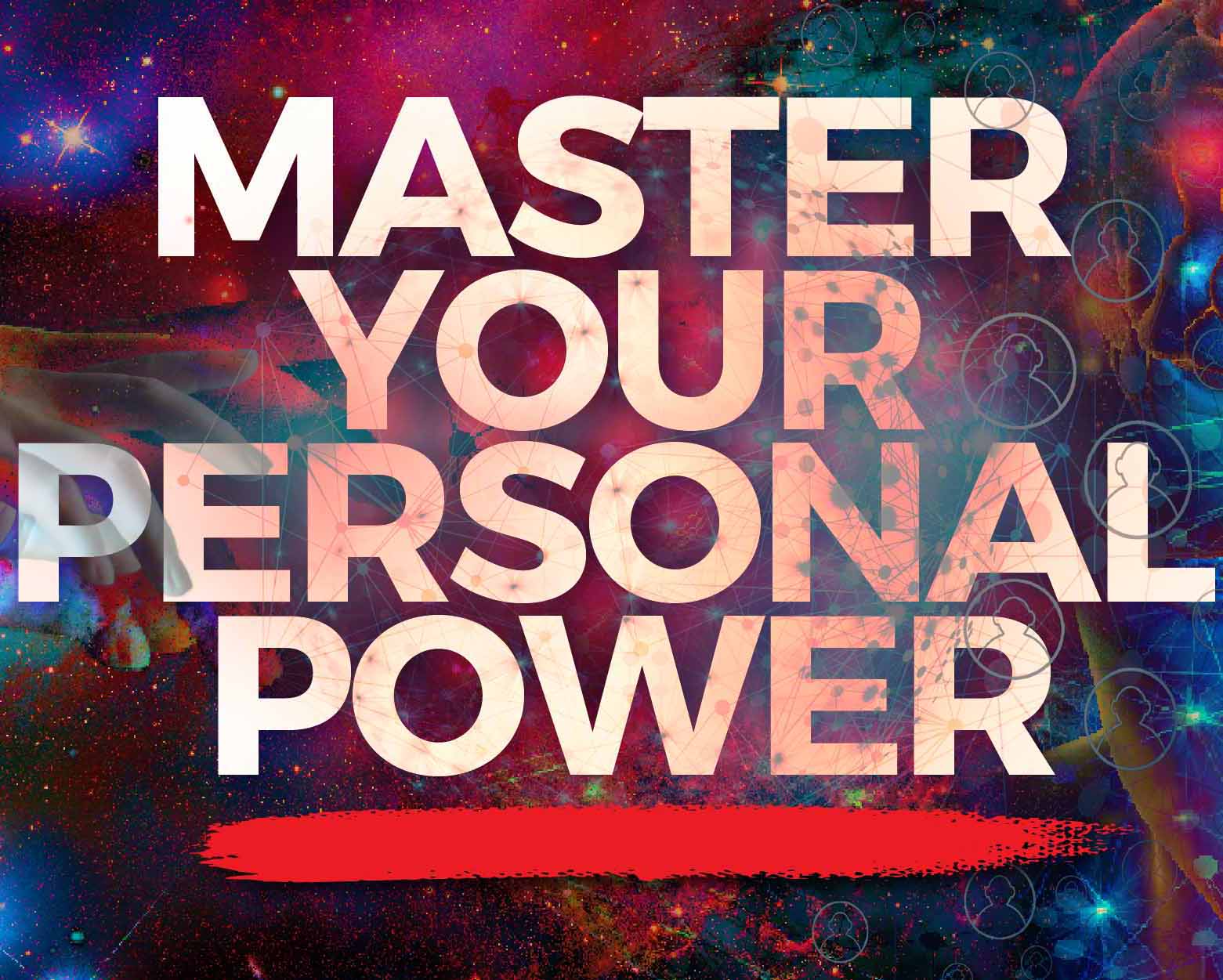
Hello, everyone. Welcome to Your SuperPowered Mind. I’m your host, Kristin Maxwell. And in the show, we explore the process of transformation and give you tools and strategies that you can use to transform your own life. Today, I’m talking to Eric Maisel about developing a daily practice so you can finally meet your goals. Dr. Maisel Ph.D. is the author of more than 50 books on creativity and personal growth. Widely regarded as America’s foremost creativity coach, he is a retired family therapist and a noted leader in the movement known as critical psychology. He writes the Rethinking Mental Health blog for Psychology Today and facilitates creativity and writing workshops around the world. His most recent book is called The Power of Daily Practice. Dr. Maisel, welcome to Your SuperPowered Mind.
Hi, Kristin. It’s great to be with you.
Thank you. As I mentioned before we got started, looking through all that you have done and all that you put out into the world, there is so much going on for you. I can’t wait to hear about some of it and share that. My first question is always what superpower did you uncover as the result of mastering your mind?
I think it’s the subject of the book and it’s the power inherent in getting to something every day. And it sounds obvious enough, but I’ve been working with creative and performing artists for more than 30 years as a creativity coach and what I see is that when a client misses two days or three days, they end up missing six months or a year or a decade. The big problem with missing a few days with respect to anything you’re trying to get done is not just those few days. That wouldn’t be so bad. It’s how much time you then miss.
Really the only way to deal with that problem, it’s a real problem, is by initiating and maintaining a daily practice. As simple as it sounds, that says superpower having a daily practice. And for creative folks. especially those who try to get their work done after their day job when they’re already too tired and often too sad by the end of the day to get to their work, for them, it needs to be a morning daily practice. Say, first thing each day, daily practice. If you get to something that’s important to you first thing each day, you’ll discover that you’re beginning to live your life purposes in a way that you hadn’t before.
Yes. And this idea of a practice is so huge. And as a coach, I work with so many goals that they’re not moving toward or not as fast as they would like. And a lot of it centers around having, I don’t know, discipline or having a practice to actually do what it takes to get there.
Pavarotti has a quote I like which is, “People say that I’m disciplined, but it’s not discipline. It’s devotion. And there’s a big difference.” And there is a big difference. We do need discipline, but we also need devotion. And those synonyms to devotion, like love and curiosity and enthusiasm and interest. I don’t think we can just get things done by discipline. It’s too hard to write a 100,000-word novel just by being disciplined. There’s something in there you have to be loving. And that’s what I try to help clients connect with the thing that they love in what they’re doing. And because often what they’re doing is sloggy on any given day, they’re not loving it on a given day. Then you have to help them remember why they’re doing it.
And often, it’s because they fell in love with the thing, whatever the thing is, literature or visual imagery or music, they fell in love with that at the age of five or six or seven. Reading a book in a corner or sitting in a darkened theater. That’s where the love started. And a lot of my clients have to remember that they loved that then and that they can love that again.
Yes. With the people, a lot of the people that you work with, are they doing this for fun on the side or are these people who are, this is their career, this is what they’re devoting their life to?
I tend to work with self-identified creative and performing artists. That is folks who are trying to do this as a career. Of course, a lot of the work I do has to do with marketplace issues and building confidence and asking for what you want, and dealing with the long odds of making it in the marketplace and all of that. And that those are extra challenges and extra burdens. But yes, I don’t work with, so to speak, a person who’s trying to make a more creative piece of soup or what have you. The everyday creative person would rather somebody who’s self-identified as a creative artist or a performing artist.
And in this population, do you find that they also have lost that devotion? Does it switch into, “Ah, this is just work”?
Most of them have lost that devotion, and there’s a big reason. It’s a little hard to say but I hope I can articulate it. And that is from my point of view, the meaning is merely a certain kind of psychological experience. It’s not out there somewhere like a lost wallet. It’s a certain kind of experience. And as folks are doing their work, as creative folks are doing their work, they’re not experiencing the work as meaningful. It’s one of the secrets about meaning, is that something that we do in the service of meaning may not feel meaningful in the doing. It may just feel soggy, unlike work. People forget why they’re doing what they’re doing.
And when you have 200 consecutive days of just the work feeling hard, it’s really hard to show up for the 201st day. I have to help folks remember that they’re in it for the long game, that writing their novel may produce an experience of meaning only at the end for 17 seconds when they finally put the period at the end of the book. That’s a lot of work for the small experience of meaning, but that’s how life goes. That’s really the creative process, is that we may do a lot of work that doesn’t feel meaningful so as to acquire a very brief experience of meaning.
That’s very interesting. And is that motivating to people? Because that almost sounds like it’s deflating, because it is true. We are, as humans, we hold onto the good for a short period of time and then we move on.
It is motivating in context because I provide a wider context than what I just said. And the wider context is to help people make the paradigm shift from seeking a purpose to live to identify their life purpose choices. From my point of view, there isn’t a purpose to live. Rather, there are only our life purpose choices, the things we deem important. If a creative person can identify the five or six or seven things he or she deems important. Really, there are only about 20 things that human beings find really important. Creating and relationships, and service and activism, and what have you. We could name them. There aren’t a billion, there’s just a handful. And I invite my clients to make that list. What’s important to you, and then to get to as many of those things in a daily way as possible. If writing the novel didn’t feel meaningful on that day, they have another life purpose choice to turn to on that day. Maybe it’s holding their kid’s hand crossing the street. For parents, that feels very meaningful. Getting safely across the street.
Yes.
Lots of small things feel meaningful. I try to paint the big picture of how getting to your creative work for that 20 minutes or that hour or that two hours isn’t the whole day. You may have to slog through that hour, but you’re going to have other meaningful opportunities throughout the day.
Yes, that is huge, I can see that. I can feel that shift of you’re not going to get the meaning from even though this is your huge life work in the day, in that day, from that activity.
And the better you celebrate what you did, the more likely you are to have an experience of meaning. I try to help folks celebrate showing up, celebrate showing up without attaching to outcomes. If you sit there and write 50 words and then take 52 words out, that’s not going to feel like a lot of progress.
No.
But if you can celebrate that you showed up, then you may have an experience of meaning from that hour you spent there even though you have no words to show for it.
And maybe the meaning is in and of itself that you’re doing what you say is important to you.
Exactly. The meaning is pride, I think. Pride in your efforts.
Right.
Not false pride. Not narcissism, not grandiosity. But just the pride we take in doing the things we say we mean to do.
Okay, I love this paradigm shift. We do need to go to a break before we can go any more deeply into this talk about developing a daily practice. Can you let people know where they can find out more about you, your work, and your new book?
The best place is my website which is my name ericmaisel.com. That’s the place to go.
Okay, great. Hang on, everybody. And we will be right back.
To listen to the entire show click on the player above or go to the SuperPower Up! podcast on iTunes.
Podcast: Play in new window




